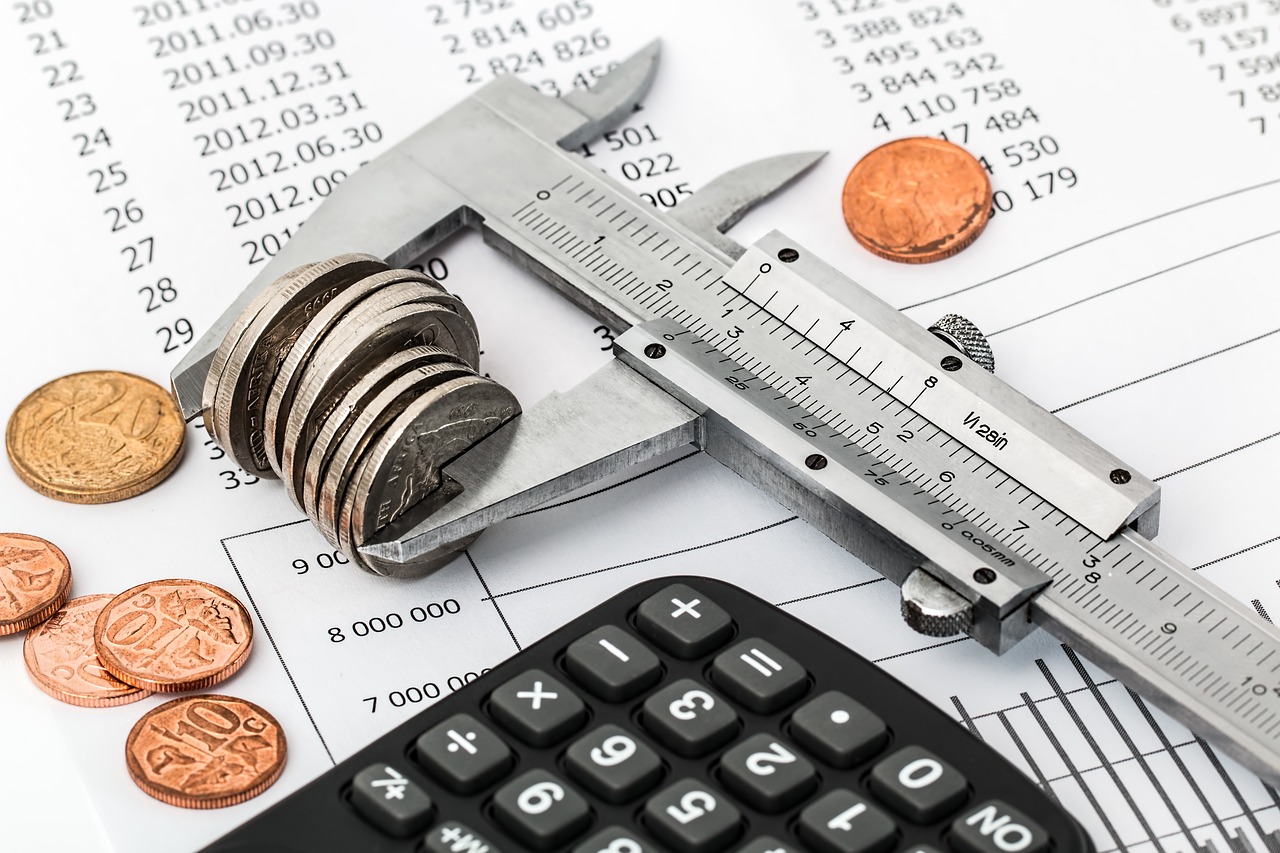Last Updated on: 22nd November 2023, 05:40 pm
In recent times, Peru’s economy has suffered something of a downturn, having shown an average growth rate of 2.5% over the past couple of years, whereas between 2008 and 2017 that figure tended to be around 5%.
However, despite ongoing political instability in the country, it seems things could be about to improve, with the president of the Central Reserve Bank of Peru, Julio Velarde, predicting growth of 3.8% in 2020.
Foreign investment will only aid that evolution, and the likes of Southern Copper – which is controlled by Grupo Mexico and plans to have its $2.5billion Michiquillay mining project fully operational by 2022 – is one example of the type of venture that could play a role in rejuvenating Peru’s economic standing.
But investing in the Peruvian market means a business must get to grips with an entirely new set of taxation rules and regulations, and this familiarisation will allow an organisation to identify the incentives that exist to encourage foreign capital spending. So, what are these incentives and how can a company capitalise on them?
Which tax laws encourage investment in Peru?
Peru has a range of tax legislations designed to encourage foreign investment, including:
- A VAT refund for entities located and executing at least 75% of their activities in the Amazon region.
- Activities in specially designated zones in both the north and south of Peru qualify for exemptions from income tax, VAT and others.
- A VAT anticipated recovery scheme on imports and local acquisitions of certain goods.
- Lower income tax for businesses in the Amazon region whose major activities encompass agriculture, tourism, forestry or fishing, among others.
- Mining companies qualify for a special depreciation rate of 20%.
- Companies can come to tax stability agreements with the Peruvian government, which can only be altered if both sides approve it.
How can businesses familiarise themselves with Peru’s tax laws?
Expanding into the Peruvian market may not prove a straightforward process, which is why businesses can benefit from enlisting an external firm to provide help and guidance. The likes of RSM offer a whole host of taxation services, including advice and consulting, auditing and transfer pricing studies.
By leaning on the wealth of local and international knowledge provided by these external firms, companies can be sure of complying with Peru’s complex tax laws, as well as taking advantage of the schemes that have been set up to entice them to invest in the country’s economy in the first place.







